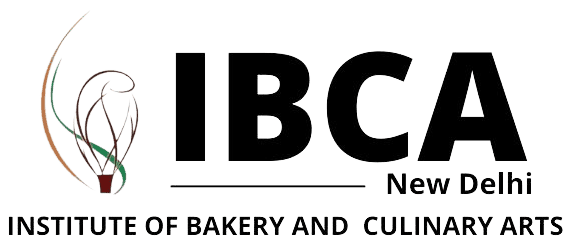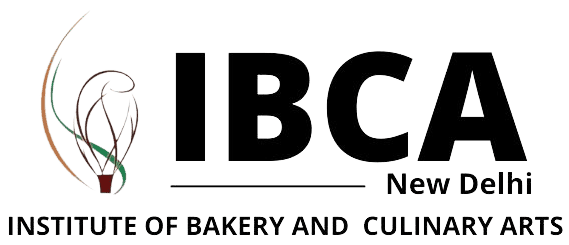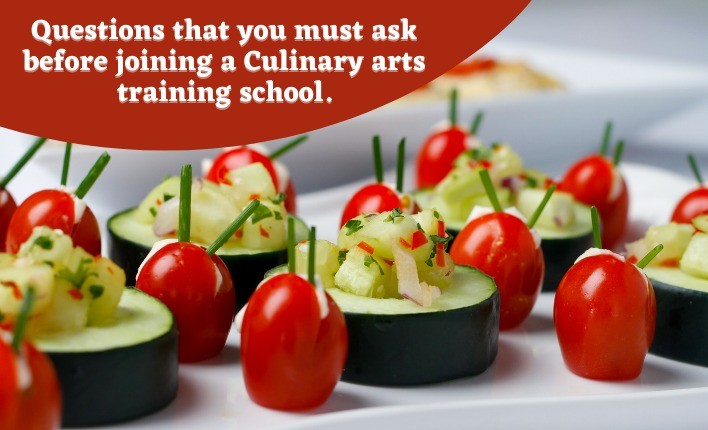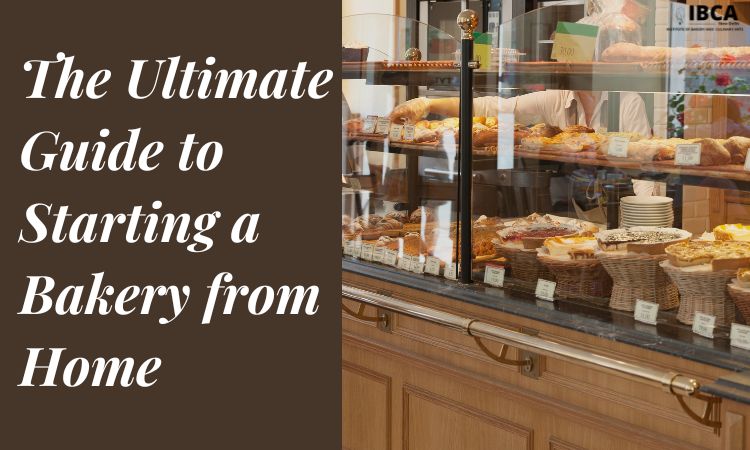Questions that you must ask before joining a Culinary arts training school

How to become a culinary master chef in India?
February 19, 2022
How To Become a Professional Baker in 5 Steps
April 19, 2022There are several culinary schools around the world, and many of them can teach you how to effectively manage a kitchen as a chef or restaurant cook.
However, not all of them will teach you in the same way, you will not acquire the same knowledge, you will not have the same life experience, and you will not encounter the same type of people. The first step is to be clear about what you want out of life and what is important to you throughout the time you will devote to becoming a chef.
Most culinary roles, including those on cruise ships, require some level of academic education. While you can climb the ladder simply on your passion and willingness to learn on the job, it may be simpler to acquire a foothold in the mainstream sector if you have some qualifications or experience.
Culinary arts as a career
Working in the culinary arts business is the ultimate aim for those of us who have had a lifelong passion for food. Many young cooks aspire to be able to create wonderful dishes every day and experiment with flavour combinations while watching the delight on their clients’ faces.
The hospitality and travel and tourist industries are among the world’s fastest expanding. While other industries are experiencing economic downturns, the food industry continues to thrive, providing a steady stream of dependable work prospects.
You will never be out of work if you choose a profession in the culinary arts. Instead, you’ll be spoiled for choice in terms of selecting a career that fits your interests and lifestyle.
Why Should I Join IBCA?
At the IBCA New Delhi, Educating kids for future success in the workplace. We make every decision to help our students advance in their careers and personal lives. Our curriculum, training, and services indicate that we value our student chefs’ different backgrounds. IBCA New Delhi has formed strategic alliances with a number of world-class Original Equipment Manufacturers (OEMs), Suppliers, and Training Resource Providers in order to provide the highest quality Industry Standard training and expose chef’s students to the latest technology and international operation trends.
IBCA is one of the most prestigious learning institutions in India’s capital, providing an excellent platform for the development of future professionals in the artistic field of Bakery and Culinary Arts. Chef Balendra Singh, the IBCA’s creator, has more than 20 years of experience in the field and has established this IBCA from the ground up to be a learning centre for top chefs and best bakers in the country who thrive with contemporary challenges to become chefs and bakers of the next generation.
So, before enrolling in a culinary school, here are a few questions you should ask yourself and the institution.
What is the cooking school’s industry reputation?
This may not appear to be significant, but in today’s competitive environment, fly-by-night operators are more frequent than ever. The internet has made it significantly easier to construct appealing websites that can deceive naïve pupils. In order to cross-check their background, inquire about the reputation of several institutions. If possible, phone or visit the school before making your final decision.
Should I study for a bachelor’s degree or a diploma?
Both options are available at many culinary schools. A degree entails four years of intensive training, in-depth education, and instruction in specific skills and management, such as personnel and budget management, as well as learning how to cook. Choosing a diploma means taking a shorter course that is often focused on a certain area of cooking – pastry and baking, bartending, or basic entry-level training. You can search around for the proper institutions that offer what you’re looking for based on your preferences, time, and financial resources.
Is the institute situated in a culinary hotspot?
This may not seem like a big deal, but being in a culinary destination has its advantages. There will be more opportunities for internships, externships, and even after-school work if authorised. A culinary destination will also expose you to a wide range of cooking styles, cuisines, and food initiatives. Delhi, for example, is an excellent culinary learning destination for students and entrepreneurs.
What exactly is IBCA stand for? Which university are they affiliated with?
IBCA stands for Institute of Bakery and Culinary Arts, and its main learning centre is in the capital city of Delhi. We are one of the main leading institutes in India in Bakery and Culinary Arts, and we are affiliated with City & Guilds (London) at Level 3.
What kind of certification does it have?
Accreditation does not always imply that a culinary management institute is of high quality. Other aspects mentioned in this essay will be more significant. However, obtaining a qualification recognised by business leaders and government agencies can help you get work. The Institute of Bakery & Culinary Arts is India’s foremost institute for learning Bakery and Culinary Arts, with affiliation with City & Guilds (London) for course certification.
How interesting is the curriculum?
The Institute of Bakery & Culinary Arts in India ensures that its students are up to date on the latest culinary trends. Look for programmes that are always evolving and provide room for creativity. Our curriculum at IBCA blends the best of basic technical knowledge with the most up-to-date culinary skills and smart business thinking to provide students with the highest chance of success.
What courses does it provide?
One of the most important courses provided by IBCA. This course is linked with City & Guilds, London, for international accreditation, and it provides broad exposure to industry working norms. This course teaches all of the basic Bakery foundations, as well as respective traditional methods, ingredient preparation, various stages, and provides them with enough experience to obtain entry-level positions in top bakeries and restaurants anywhere in the world.
How competent is the faculty?
Good mentors make a tremendous difference in the field of culinary education. Faculty must be very knowledgeable in their field so that you can learn as much as possible in class. Our faculty at IBCA has decades of experience operating and managing leading hotels and cruise lines all over the world. They provide a lot of knowledge in terms of technical as well as soft skills, both of which are essential in the profession.
What type of industrial experience does it provide?
To be genuinely prepared for a career in the culinary arts, you will require considerably more than just classroom training. All IBCA courses offer required industry training for hands-on experience. Our B Voc course in culinary administration includes internships and in-house chef competitions, as well as study trips, guest chef demonstrations, international exchange programmes, placements, and even an incubator centre.
Here’s what you’ll need if you want to be a culinary rock star.





